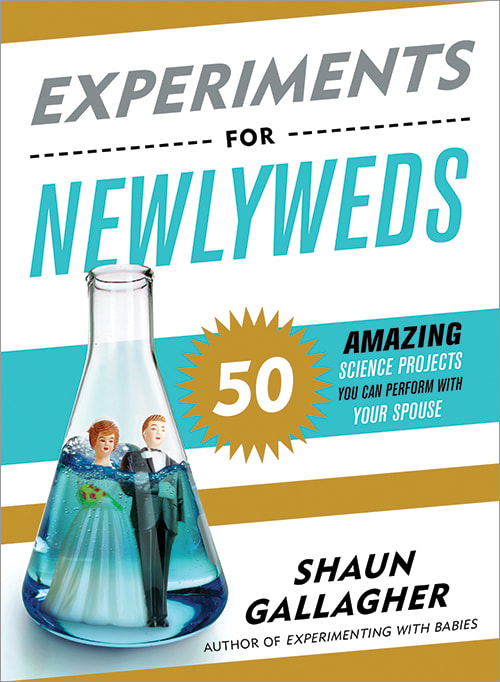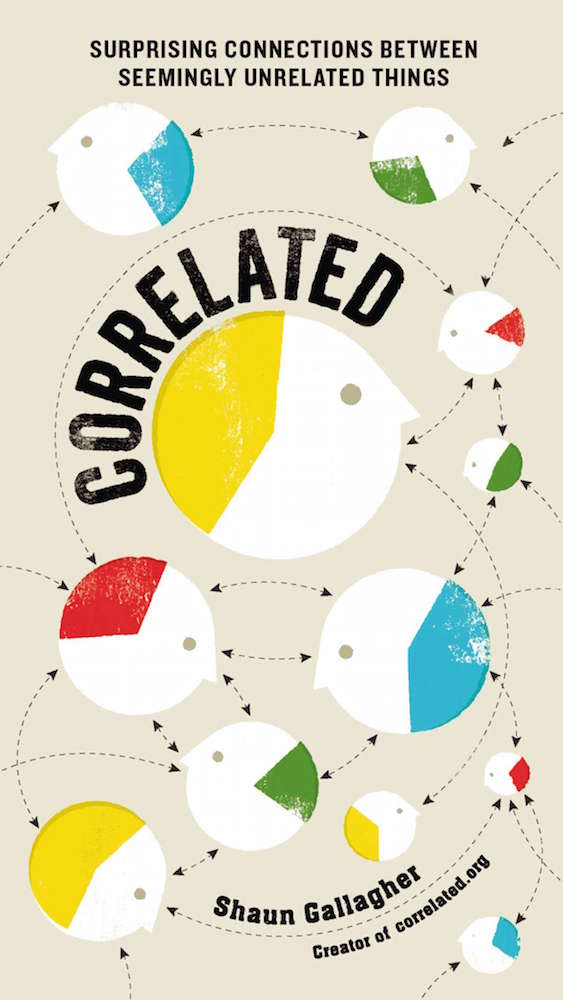A new bill being floated in my state legislature is a flagrant violation of the First Amendment — but I can't say I disagree with it!
Lawmakers on both sides of the aisle have grumbled for years that news reports about their proposed legislation frequently don't refer to the bills by title or number, making it difficult for readers to look up the bills themselves and decide whether the news report is accurately summarizing the legislation.
The proposal would impose a small fine on publishers when a news article or column refers to a bill without citing it by name, number, or hyperlink.
"The intent of this bill is to broaden public discourse, not stifle it," state Rep. Dennis Perry, R-Lawncroft, a co-sponsor of the bill, told The News Journal in an article published last week. "In this era of 'fake news,' it is not unreasonable to expect writers to identify the legislation they are writing about, so readers can go to the source, read the legislation, and make up their minds for themselves."
Perry's co-sponsor is state Rep. Corrine Dreyler-Jones, D-Bellford, who last year introduced a tax-reform bill that she said multiple media outlets mischaracterized in their coverage, without giving readers a way to determine which bill was being described.
In the News Journal piece, Dreyler-Jones argued that when a news article fails to properly cite legislation, it's akin to a student failing to cite a source in an academic paper, for which the student might receive a failing grade.
"You've got article after article where you read, 'The bill says this, the bill says that.' But our constituents can't determine whether that's true or not, because they never name the bill," she said, according to the article.
I'm a former journalist and have a lot of friends and former colleagues who still write for news outlets in Delaware, so I reached out to some of them to get their take on the proposed bill.
One friend, an editor at a downstate paper, said he generally does not permit bill names to be included in the articles he edits because the names are frequently little more than partisan propaganda.
"Take the Bipartisan Background Checks Act that passed the House earlier this year. The word 'Bipartisan' is in the title, but do you know how many Republicans voted for it? Eight. The other 232 votes came from Democrats. Does that sound like it's bipartisan?" my friend wrote in an email.
Another friend, who writes for an upstate publication, said identifying a bill by its number, such as Senate Bill 14, just adds noise. "The people who are going to want to really examine the text of the legislation are those who already know how to track it down," she wrote in an email. "It's a manufactured problem. The only people bothered by this are the legislators themselves."
Unfortunately, I had to inform my friend that she's wrong about that, because I'm certainly bothered by it as well.
It's true that I can usually use my sleuthing skills to track down the actual text of a bill based on a description or keywords, but having the name or ID of the bill makes it so much easier to find.
There's also a sort of hubris in the idea that readers don't need to be able to easily find the bill's text, because everything they need to know about it is found in the article.
Granted, I feel like I can indicate some support for the bill, if only in spirit, because I know the First Amendment will prevent the proposed legislation from ever being signed into law. If lawmakers could actually dictate how the press ought to write their articles, I would have to put aside my annoyance with the ommission of identifying information and defend the papers.
Even Perry, the bill's co-sponsor, seems to acknowledges that the real purpose of the bill is to call attention to the issue, not to actually get the bill on the governor's desk. He told The News Journal that he feels he's doing some good by merely going on record that readers should consider the actual text of legislation and not rely only on summaries they read in news articles or columns.
Still, I'm curious how far the bill will progress before being ultimately scuttled by constitutional concerns.
And I'm also curious whether newspapers will voluntarily start identifying legislative bills, whether or not this particular attempt at enforcement gets shot down.



